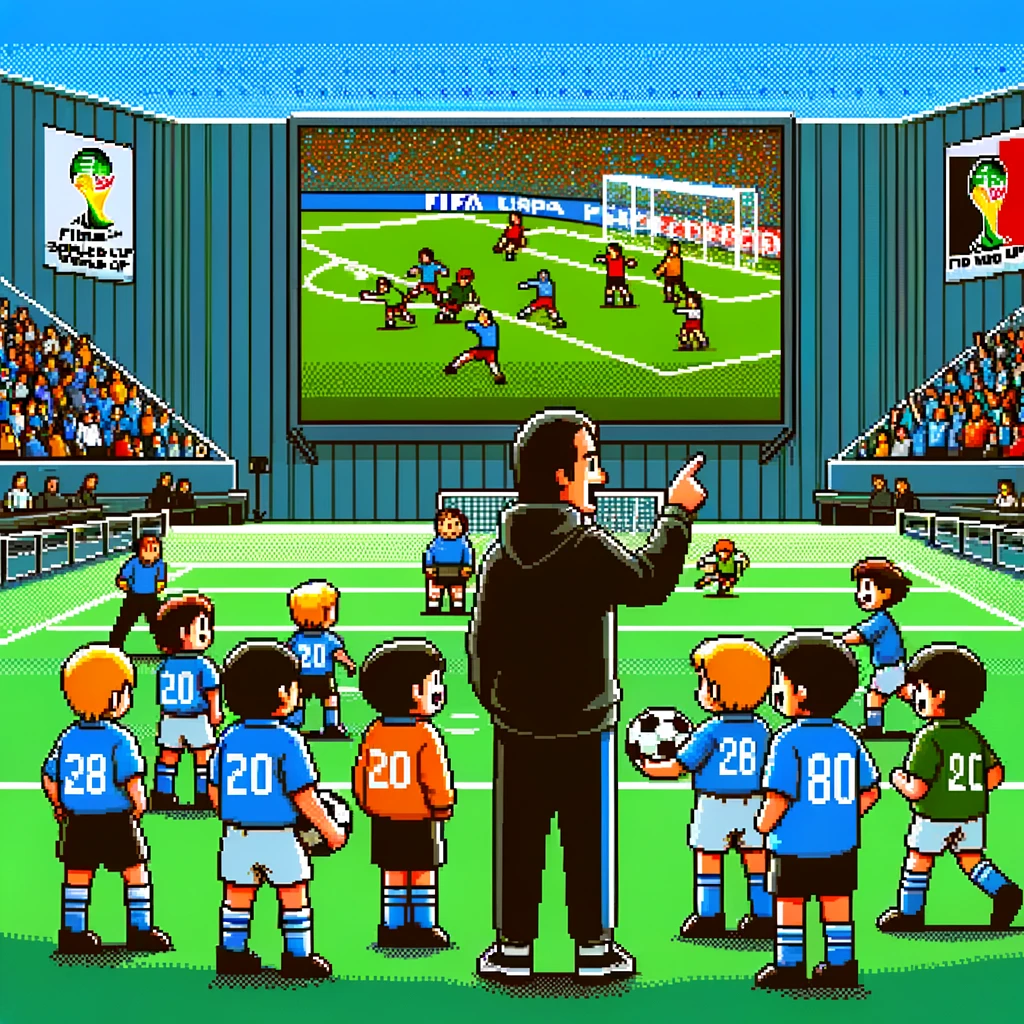
The Power of Attachment in Soccer: Lessons from the 2002 FIFA World Cup
As soccer enthusiasts and coaches worldwide continually seek ways to inspire and develop players, the study Effect of 2002 FIFA World Cup: Point of Attachment That Promotes Mass Football Participation” offers groundbreaking insights. This research not only revisits the memorable 2002 World Cup (US beat Portugal! US into the quarterfinals!) but also uncovers the critical role of ‘Points of Attachment’ (POA) in fostering soccer participation.
What is POA and How Does It Influence Soccer Participation?
POA refers to the psychological connection individuals develop with different aspects of a sport – be it players, coaches, teams, or the sport itself. This concept is a game-changer in understanding how attachment to various elements of soccer can significantly boost participation rates, both in the short and long term.
Short-Term and Long-Term Effects of POA
The study, conducted through online surveys in South Korea and Japan, revealed fascinating findings. Participants who had a stronger attachment to players, coaches, national teams, or soccer itself during the 2002 World Cup showed a higher rate of soccer participation immediately after the event. Interestingly, in the long run, only attachments to players and coaches led to sustained participation in soccer.
This insight is crucial for soccer development programs. It highlights the importance of fostering a deep, personal connection with individual aspects of the sport, especially the roles of players and coaches.
The 2002 FIFA World Cup: A Case Study in Mass Soccer Participation
The 2002 FIFA World Cup, co-hosted by South Korea and Japan, marked a historic event in the world of soccer. It not only brought about infrastructural development and the growth of professional leagues in the host countries but also sparked an increased interest in soccer among the masses. This increase, as the study suggests, can be attributed to the heightened POAs developed during the World Cup.
Implications for Soccer Coaching and Player Development
For soccer coaches and development programs, the implications of this study are profound:
- Focus on Individual Attachments: Developing players’ and fans’ attachment to specific players or coaches can have a lasting impact on their engagement with the sport.
- Personalized Coaching Strategies: Understanding the individual POAs of players can help in tailoring coaching methods that resonate more deeply with each player.
- Building a Legacy: The study underscores the importance of leveraging big soccer events to build a lasting interest and participation in the sport at a grassroots level.
Bringing It All Together
The 2002 FIFA World Cup not only left an indelible mark on the world stage but also provided critical lessons in understanding the dynamics of mass soccer participation. The study’s findings are a call to action for soccer coaches, administrators, and enthusiasts to harness the power of POA for the sustainable growth of the sport.
By focusing on developing deep, meaningful connections with various elements of soccer, we can inspire a new generation of players and fans who are not just passive spectators but active participants in this beautiful game.
Are you ready to delve deeper into the science and strategy of soccer?
This Week in Soccer offers you a unique blend of expert analysis, engaging infographics, and practical insights. Subscribe to our newsletter and stay ahead of the game with the latest in soccer analytics and coaching strategies. Make the move from spectator to strategist. Subscribe now!



